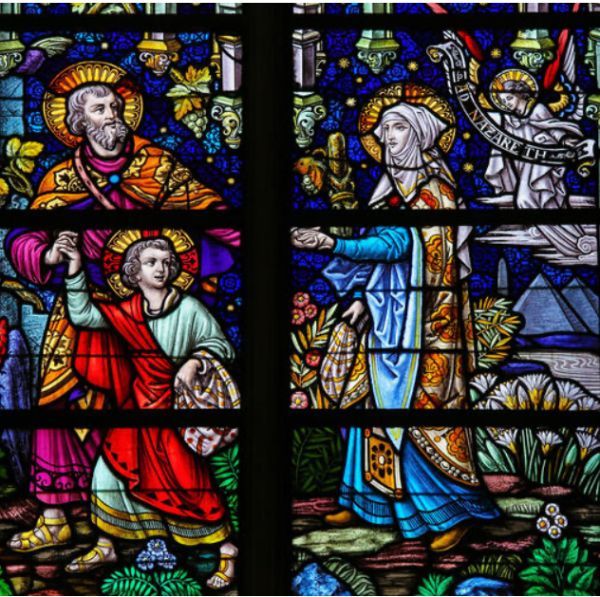Jesus calls to reflect on who his mother and brothers are: "these who hear the Word of God and do it" (Lk 8:21).
Francis, who considered himself simple and idiotic, passionately loved the Word of God.
In fact, when he came across the Letters on the ground, he would pick them up and give them due consideration.
This is attested by the Sources, in the first letter (written by him) to the Keepers:
"Even the writings containing the names and words of the Lord, wherever they are found in inconvenient places, let them be collected and placed in a worthy place" (FF 242).
Clare herself, a little plant of the Seraphic Father, recalls in her Testament how much Francis loved and lived the Word, giving it as an example:
"The Son of God became our way; and this by word and example our blessed Father Francis, true lover and imitator of Him, showed and taught us" (FF 2824).
And to those who asked him if he was pleased that educated people should enter the Order, he replied:
"I have pleasure in it; provided, however, that, following the example of Christ, of whom we read not so much that he studied as that he prayed, they do not neglect to dedicate themselves to prayer, and provided they study not so much to know how they should speak, as to put into practice the things they have learned, and, only when they have put them into practice, propose them to others.
I want my brothers to be disciples of the Gospel and to progress in the knowledge of the truth, so that at the same time they may grow in the purity of simplicity" (FF 1188).
"And the principal reason why he revered the ministers of the Word of God was this: that they revive the offspring of their dead brother, that is, they revive Christ, who was crucified for sinners, when they convert them, being their guide with pious solicitude and solicitous piety.
He affirmed that this office of piety is more pleasing than any sacrifice to the Father of mercies, especially if it is fulfilled with zeal dictated by perfect charity, so that one labours in it more by example than by word, more by the tears of prayer than by the loquacity of speeches" (FF 1135).
"For he had never been a deaf hearer of the Gospel, but, entrusting everything he heard to a commendable memory, he sought with all diligence to follow it to the letter" (FF 357).
Tuesday of the 25th wk. in O.T. (Lk 8,19-21)












